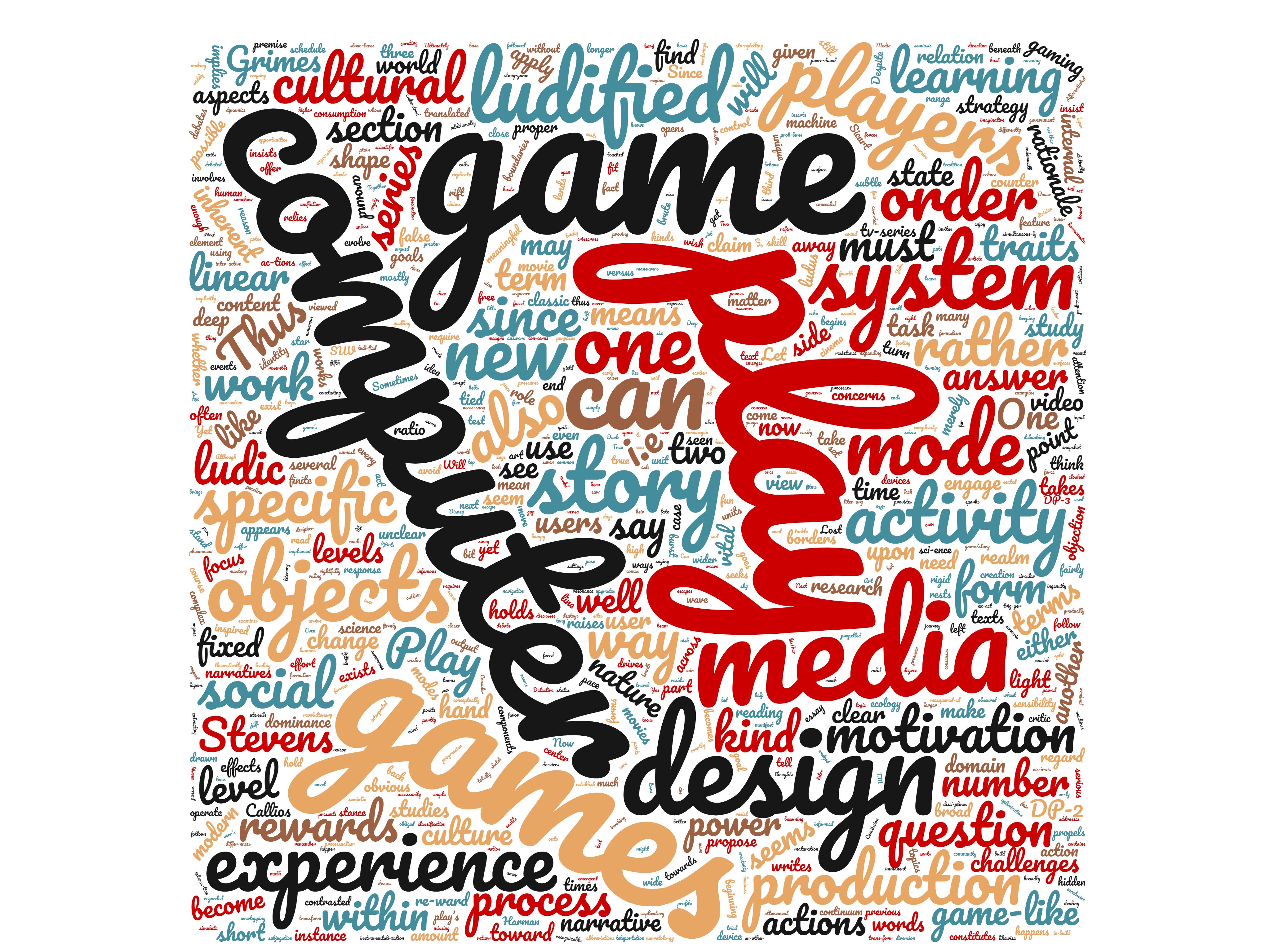Reflections on Ludification: Approaching a Conceptual Framework – And Discussing Inherent Challenges
DOI:
https://doi.org/10.17083/ijsg.v8i3.436Keywords:
Ludification - Gamification - Play theory - Game design - LearningAbstract
This article discusses the relatively new concept of ludification with the attempt of laying the theoretical groundwork for further studies. Although ludification ties in with both gamification and the concept and practice of transmedia it possesses unique characteristics and qualities of its own, primarily evolving around games and playful ways of structuring stories. The focus point is how traditional media such as tv-series and movies incorporate game-like traits and structures into their narrative structure. This concerns both the narrative structures that users can and cannot interact with. Among other things, we consider a deep understanding of ludification vital for the more practically oriented approach to learning through (serious) games. Thus, this paper serves as a prolegomenon to the interpretation of works of ludification, as well as to the diverse field of deploying gamified material in didactical and pedagogical context. In addition to the conceptual groundwork for understanding ludification and how it manifests itself we propose an analytical method for unearthing the traits and structures of ludification: we have coined this method the ludo-interpretation. Furthermore, this article discusses the merits and shortcomings of ludification and the ludo-interpretation in the final section where we deploy a Popperian inspired three-levelled falsification and refutation technique.

Downloads
Published
Issue
Section
License
Copyright (c) 2021 Bo Kampmann Walther, Lasse Juel Larsen

This work is licensed under a Creative Commons Attribution-NonCommercial-NoDerivatives 4.0 International License.
IJSG copyright information is provided here.